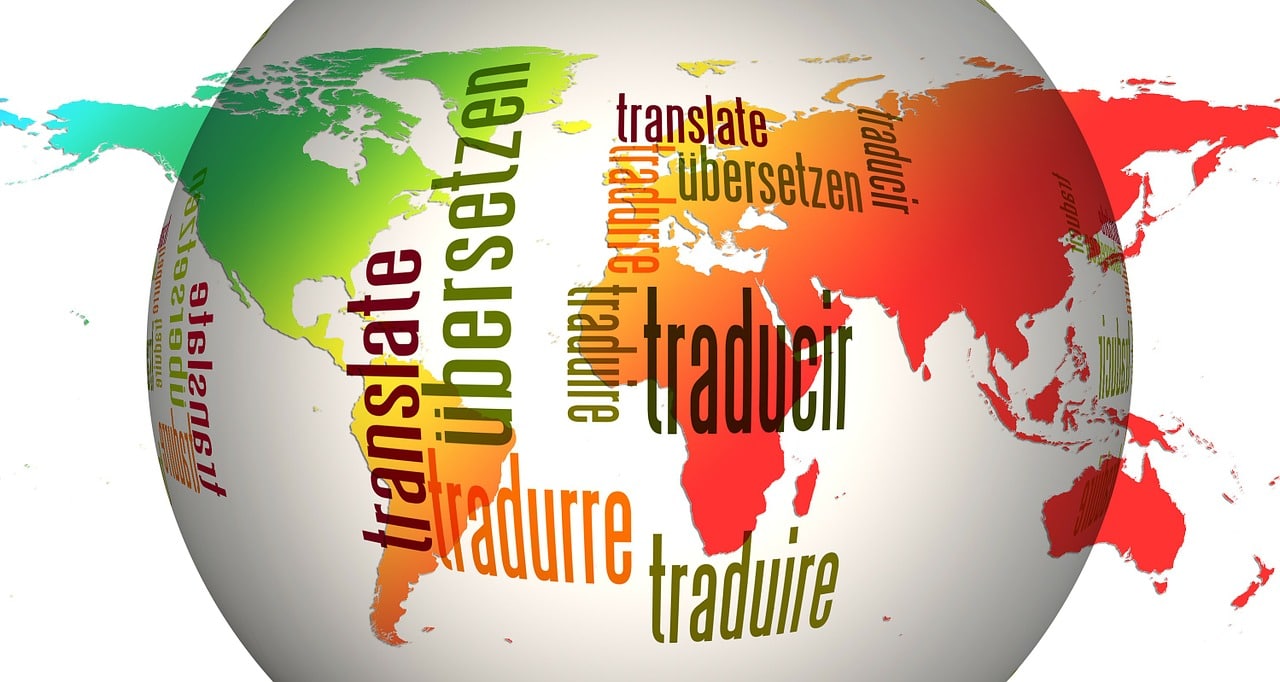Are you thinking of going international with your business? In the age of globalization, you would certainly have a point. New markets mean expanding the playing field and increasing your visibility, your potential customer base, and your sales revenue- as well as your profitability. Not to be overlooked!
At the same time, internationalization is a process which demands structure and forethought before stepping into the global marketplace. TradOnline will shed light on different strategies that can help you set up your internationalization project.
What exactly is internationalization?
Even though international trading has a long history, it is with the birth of free trade in the 1940s that internationalization has begun to flourish. Internationalizing your company means introducing it into one or several foreign markets, by developing your products or services to satisfy the local requirements of these markets.
Why would I want to internationalize my business?
Internationalization allows a company to become more competitive by expanding its activity. Some companies go international to reduce their production costs, by relocating part or all of their services abroad. The goal is to benefit from competitive economic advantages, such as: low cost labour, flexibility regarding labour law or fiscal issues, economic vitality, or low transportation costs.
What strategy do I adopt?
You can determine the internationalization strategy you want to adopt by looking at the structure of your company, its size and your ambitions. Let’s look at two strategies when going international: exporting and relocating.
1. Exporting
Often specific to SMEs, exporting lets you market your company internationally in a progressive way. This strategy will allow you to sell your products or services abroad, without changing the production process: your products will still be manufactured in your country, without being modified or adapted specifically for foreign markets. There are two types of exporting: direct exporting and indirect exporting.
Direct exporting
This type of exporting allows you to sell abroad without having to resort to middlemen. So for example, you will not need to attend fairs, shows, or other events in the exporting country to promote your brand, nor to have a sales team on location. The advantage of this type of exporting is that you maintain control over your sales tactics; so you would need to approach the market by setting up a sales network.
Indirect exporting
This type of exporting allows you to sell abroad by using middlemen, such as international trading firms, brokers, or partnerships between groups of exporters. Indirect exporting doesn’t give you any control over your products in the target market, because there’s a lack of direct contact with your clients.

2. Relocation
Relocation means transferring part or all of your services abroad, to benefit from low costs. There are two types of relocation: cooperative and noncooperative.
Cooperative relocation
If you opt for this type of relocation, you are basically deciding to set up your business abroad in collaboration with one or more partners (who may even be the competition). You would be sharing resources and skills with said partner.
Noncooperative relocation
If you opt for this type of relocation, you will be setting up your business abroad and develop it starting from your own resources. In this case, you may choose to rely on existing organisations, or create a new structure.
How to internationalize successfully
Before jumping in, you should take several factors into account. Whether you’ve decided on exporting or relocation, setting up the internationalisation process demands forethought and lots of work. Financial reports, market studies, prospecting the target market, as well as internal communication are all keys to successful internationalisation.

1/ Analysis
Target one or more countries
Find out if your services or products can be adapted to suit the demands of the market you’re thinking of targeting; for this you will need a market study. The concept of internationalising represents one side of reality, while cultural differences are another side of things that you need to dig into.
2/ Planning
Find out where you stand financially
Look at your company’s financial report to check if you are truly ready to go international. You can request the help of specialized agencies which will guide you towards an advisor – this will help you maintain a degree of objectivity regarding your project. Coface for instance, is a specialized institution that helps companies in their development efforts while protecting them from professional risks, by means of specific insurance policies.

Go ahead and test the waters
What better way to assess the potential of a place than visit it? A prospecting trip is vital to understand the challenges of internationalisation. Do you have contacts there? That’s a great first step, it can make a major difference. And if you’re looking for contacts, you can request that through embassies and chambers of commerce.
Finishing touches
You should start your internationalising adventure only after you’ve made sure of the mobility of collaborators, distribution methods, the translation costs of your products and services, and that of marketing- these are few details that can make a difference and shouldn’t be neglected. We’re here to help you figure out how to translate your products and services.
3/ Applying your vision
Internationalisation- almost there!
Ready for the giant leap? Before making your plan a reality, it’s a good idea to have a checklist. It will help you take into account the stages that will get your project up and running.
- Checking that your financial/funding arrangements are all set up;
- Creating a new legal entity (if it’s the case);
- Creating and training your team (sales, human resources, PR and translation);
- Choosing physical headquarters and/or the production plant;
- Launching and preparing a follow-up method.
You’re all set to go! Internationalisation is a mystery to you no longer 🙂

Do you need help developing your business on an international scale? We’re here to help you throughout your project.

